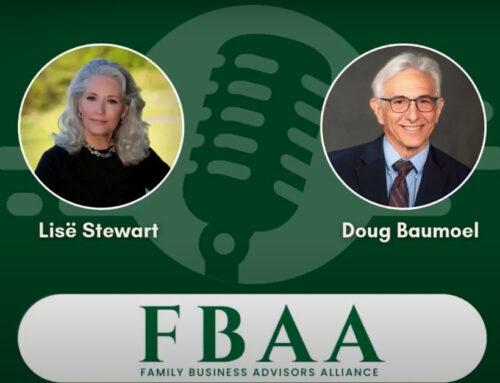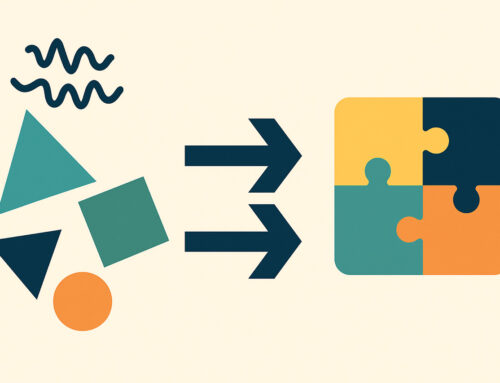How to Engage a Family Business Consultant
Five essential tips to setup your consultative relationship for success
Byline: Doug Baumoel
Estimated read time: 3 mins
At Continuity, we understand the paradox that families face when considering the prospect of hiring a family business consultant. Often, the very reasons why a family might benefit from such a consultant ─ lack of goal alignment among stakeholders, conflict, communication issues, or just being stuck ─ are the same reasons that prevent them from coming together in agreement to seek outside help.
Drawing from my own experience when I was on the client-side of this work, I recognize the importance of addressing these concerns head-on. With this in mind, we share the following tips for families embarking on the journey of engaging a family business consultant:
#1: Leverage Trusted Advisors
If your family is fortunate enough to have a trusted advisor (e.g. an attorney, wealth manager, etc.) who commands the respect and confidence of all stakeholders, utilize their expertise to identify and reach out to potential consultants. By leveraging the insight of someone who understands the nuances of your family and its business goals, a trusted advisor can describe the situation objectively (and, hopefully, without bias) and narrow down the field of candidates to those best suited to address your specific needs.
#2: Approach with Neutrality
In situations where one stakeholder takes the initiative to reach out to a consultant, it’s imperative to maintain a sense of balance and distance on the first call. Rather than framing the discussion around individual narratives or perspectives, focus on understanding the consultant’s background, methodologies, and areas of expertise. By refraining from advocating for a particular agenda or position, you can mitigate perceptions that the consulting might be biased in your favor, and foster an environment conducive to inclusive collaboration.
#3: Prioritize Chemistry
Before formalizing any engagement, arrange for a ‘chemistry meeting’ between the consultant and the key family stakeholders. This initial interaction serves as a litmus test for compatibility and rapport, allowing all parties to assess whether there’s a mutual understanding and alignment of style and objectives. By involving decision-makers early in the process, the foundation is laid for collective buy-in and commitment to the consulting process.
#4: Demand Clarity
When evaluating proposals from potential consultants, insist on a detailed outline of the scope of work, timelines, costs, and anticipated deliverables. By establishing clear expectations and parameters upfront, you minimize ambiguity and ensure accountability throughout the engagement. A detailed proposal not only serves as a roadmap for the consulting journey but also facilitates ongoing communication and progress tracking.
#5: Confidentiality
It is crucial for family stakeholders to know that what they share with their chosen consultant will be held in the confidence intended by each stakeholder. Insist, for example, that the consultants’ notes and emails will not be considered ‘work product’ and, therefore, disclosable to the company or individual footing the bill. Ensure that appropriate nondisclosure agreements are signed and there is agreement on the confidential nature of the engagement.
How Continuity Can Help
Whether you’re ready to hire a family business advisor or have more questions about the process and what it entails, we’re here to help. Schedule a consultation with our experts today.
Stay in the Know
Get our latest articles, tips, and insights delivered straight to your inbox.
Share this Insight, choose your platform!
About Us
Continuity Family Business Consulting is a leading advisory firm for enterprising families. Using a full suite of service capabilities, we help families prevent and manage the single greatest threat to family and business continuity: conflict. It is through this lens that we advise our clients and build customized strategies for succession planning, corporate governance, family governance, and more. We help families improve decision making, maximize potential and achieve continuity. To inquire, contact us.












